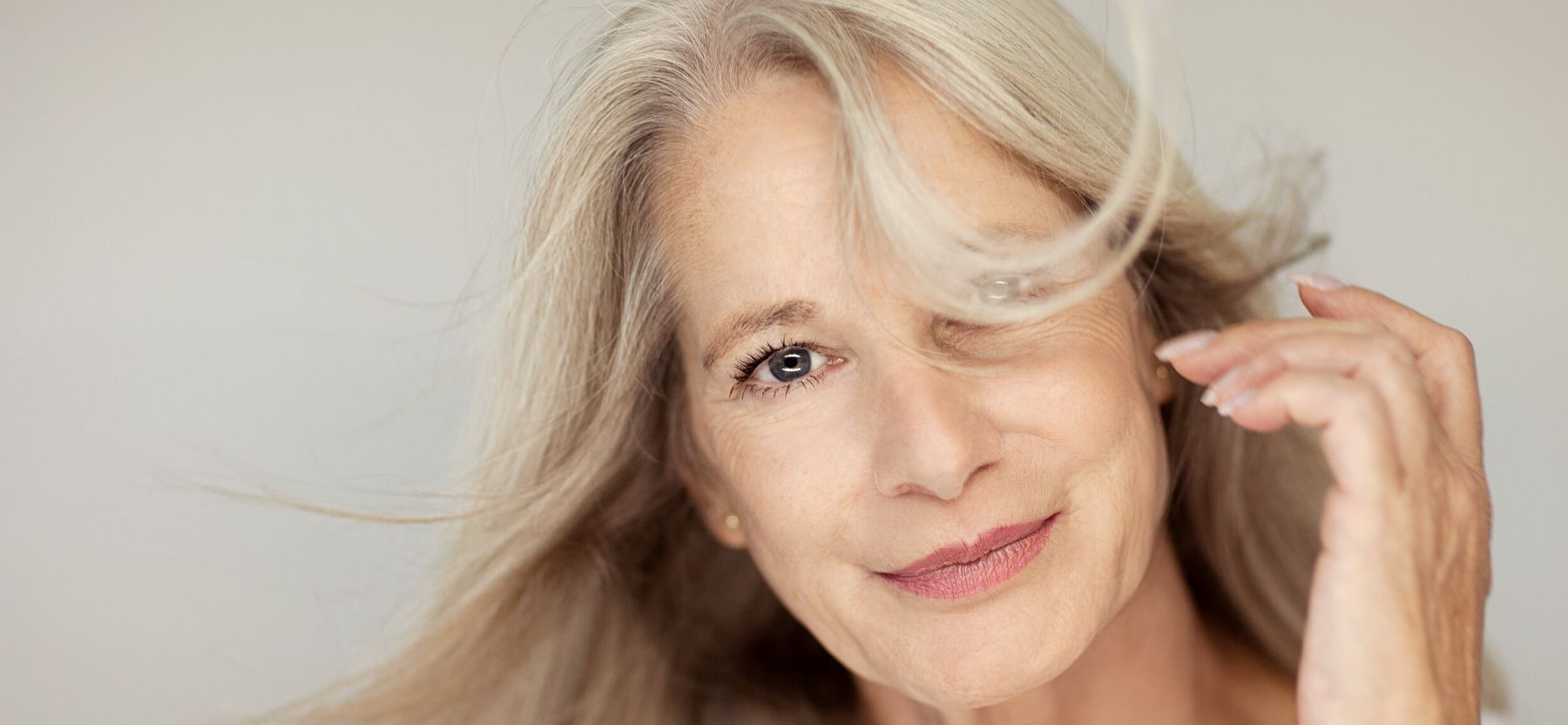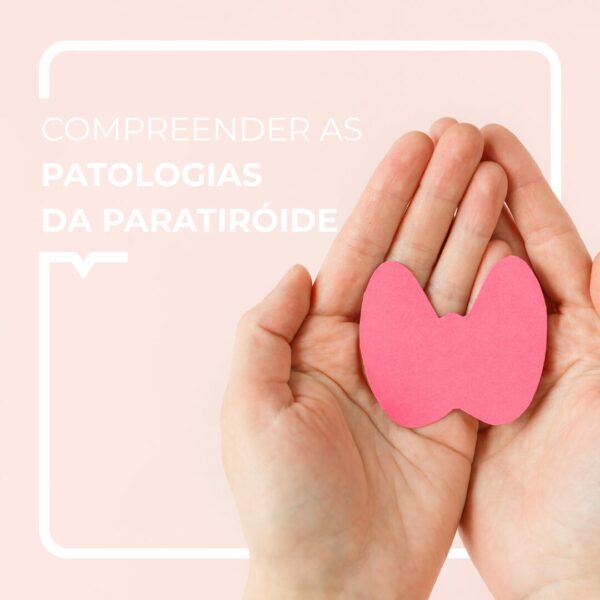Hoje, os médicos e terapeutas do centro médico Alegria unem esforços para falar sobre a menopausa!
O que é a menopausa?
Dr. Dominique Langin, médico de clínica geral: Durante a sua vida, uma mulher, a partir da puberdade, terá secreções hormonais que serão dedicadas à ovulação e a uma vida genital com vista à procriação. Esta secreção hormonal vai diminuir por volta dos 50 anos e vai dar origem a sintomas que se designam por sintomas “pré-menopáusicos”, ou seja, sintomas que precedem a cessação da secreção destas hormonas, que se tornará assim a menopausa.
Emmanuelle Clapier, psicóloga e sofrologista: Este é um período de transição na vida de uma mulher porque é uma altura de mudanças físicas e psicológicas, tais como mudanças nas hormonas e envelhecimento da pele. Muitas mulheres ganham peso, têm problemas de sono. Têm também alterações de humor durante este período, mas também uma alteração da libido, ou seja, do desejo e do prazer sexual. Como resultado, muitas mulheres desvalorizam-se durante este período e colocam a si próprias muitas questões sobre a sua feminilidade.
Que sintomas são sinais de aproximação da menopausa?
Dr. Dominique Langin: São três os principais sintomas da pré-menopausa.
O primeiro é uma irregularidade do ciclo hormonal, que se tornará um pouco anárquico com meses com períodos normais, meses com períodos mais longos ou mais curtos, por vezes também uma irregularidade completa durante vários meses.
O segundo sintoma será a instabilidade do humor. Encontraremos mulheres muito sensíveis, num sentido ou noutro, na tristeza ou, pelo contrário, na exaltação ou mesmo na euforia.
O terceiro componente é aquilo a que chamamos “perturbações do climatério”, que estão associadas aos dois primeiros sintomas, ou seja, encontraremos mulheres que sofrerão de afrontamentos importantes, por vezes com sudação abundante.
Estes três sintomas vão determinar o diagnóstico de perimenopausa, ou seja, sabemos a partir desse momento, sem fazer outros exames biológicos ou imagiológicos, que a doente está a começar a ter uma alteração do seu ciclo hormonal, que a vai conduzir progressivamente à menopausa.
Em que altura da vida ocorre a menopausa?
Dr. Dominique Langin: Esta secreção hormonal vai reduzir-se por volta dos 50 anos. Esta evolução nunca é comparável para todas as mulheres. Diferentes factores fazem com que ocorra mais cedo ou mais tarde na vida de uma mulher. Existem factores familiares, pessoais, históricos, que vão modificar esta data de aparecimento dos sintomas da pré-menopausa até à chegada da menopausa.
A que nível é que a profissão médica interfere na gestão da menopausa?
Dr. Dominique Langin: Este acompanhamento será feito, em primeiro lugar, através do metabolismo, o que significa que haverá uma modificação do corpo da mulher na menopausa, que nos fará pensar, numa primeira fase, no aumento de peso, na perda de músculo, na modificação da pele, portanto numa abordagem dietética.
Numa segunda fase, haverá também uma modificação das secreções vaginais e do ciclo hormonal da mulher, portanto um acompanhamento ginecológico.
Paralelamente, haverá uma reflexão sobre a fixação e o esgotamento do cálcio, o que levará à gestão de um risco denominado “osteoporose”. A osteoporose está frequentemente associada à menopausa nos 3 a 5 anos que se seguem. Esta abordagem será reumática, para poder avaliar as perdas de cálcio, ou as más fixações de cálcio, inerentes à menopausa, para minimizar ao máximo a instalação da osteoporose.
Que alimentos e nutrientes devo incluir no meu menu para lidar melhor com a menopausa?
Elodie Auffray, dietista e nutricionista: Em primeiro lugar, é preciso ter bons ácidos gordos: ómega 3 e ómega 6. Encontramo-los nos óleos de tempero, linhaça, colza, noz, linhaça triturada, mas também nos peixes gordos e no óleo de borragem. Permitem uma boa hidratação da pele e lutam contra a secura da mucosa vaginal. Também previnem as doenças cardiovasculares e ajudam a reequilibrar as perturbações do humor.
Recomendo que coma muitas frutas e legumes: pelo menos 5 porções por dia. São ricos em antioxidantes e combatem o envelhecimento celular.
Para a saúde dos ossos, é necessário consumir cálcio, seja vegetal ou animal. É importante e encontra-o nas nozes, avelãs, amêndoas, mas também na água mineral, nas sardinhas e nos produtos lácteos.
Quem diz cálcio, diz vitamina D! De facto, a vitamina D é essencial para fixar o cálcio nos ossos. A vitamina D encontra-se no óleo de fígado de bacalhau, nos peixes gordos, nos ovos, no leite, no queijo e na manteiga.
Para controlar o seu peso, recomendo que coma muita fibra e escolha hidratos de carbono de baixo índice glicémico, evitando doces e pastelaria.
Como gerir as alterações de humor ligadas à menopausa?
Claire Colson, hipnoterapeuta, sofrologista e naturopata: O conselho que tenho para lhe dar é que pratique métodos psico-emocionais para ajudar a gerir as suas emoções. Pode ser a respiração de coerência cardíaca, a respiração ventral, que é a mais fácil de fazer, mas também praticar meditação, sofrologia, tudo o que a ajude a relaxar e a estabilizar os seus estados de espírito, as suas hormonas que estão caóticas no seu interior, o que vai provocar variações hormonais.
Um bom sono pode ser difícil de encontrar quando estamos na menopausa, como podemos otimizá-lo?
Claire Colson: Pode comer pouco, sobretudo à noite. Será mais fácil de digerir e o seu sono será muito menos perturbado. Pode também fazer respiração de coerência cardíaca antes de se deitar, utilizar alguns óleos essenciais, como o de lavanda, que pode inalar ou difundir. Pode também utilizar certas plantas que o vão acalmar, como a erva-cidreira, sob a forma de suplementos alimentares ou de chás de ervas, a valeriana ou a passiflora. Naturalmente, estes conselhos são de carácter geral. Para ter a certeza de que são adequados para si, convido-o a falar com o seu profissional de saúde.
Como reduzir os calores da menopausa através da alimentação?
Elodie Auffray: É possível tomar suplementos alimentares à base de salva ou consumir sementes de linhaça trituradas, já vistas anteriormente pela sua riqueza em ómega 3. É fácil adicioná-las às suas saladas, iogurtes ou batidos. Reduza também o consumo de alimentos picantes, cafeína e álcool.
Um último conselho sobre como lidar com a menopausa
Emmanuelle Clapier: O conselho que lhe posso dar é, em primeiro lugar, aceitar estas mudanças para que possa desabrochar como mulher, recuperar o seu corpo e sentir-se bem com ele. Também é importante deixar-se ir. Para isso, existem técnicas como o relaxamento, a meditação, a sofrologia, Pilates também, uma vez que também é importante fazer exercício durante este período.
Estas informações não substituem o aconselhamento médico.
Deve procurar o conselho do seu médico ou de outro profissional de saúde qualificado para quaisquer questões que possa ter relativamente ao seu estado de saúde.



